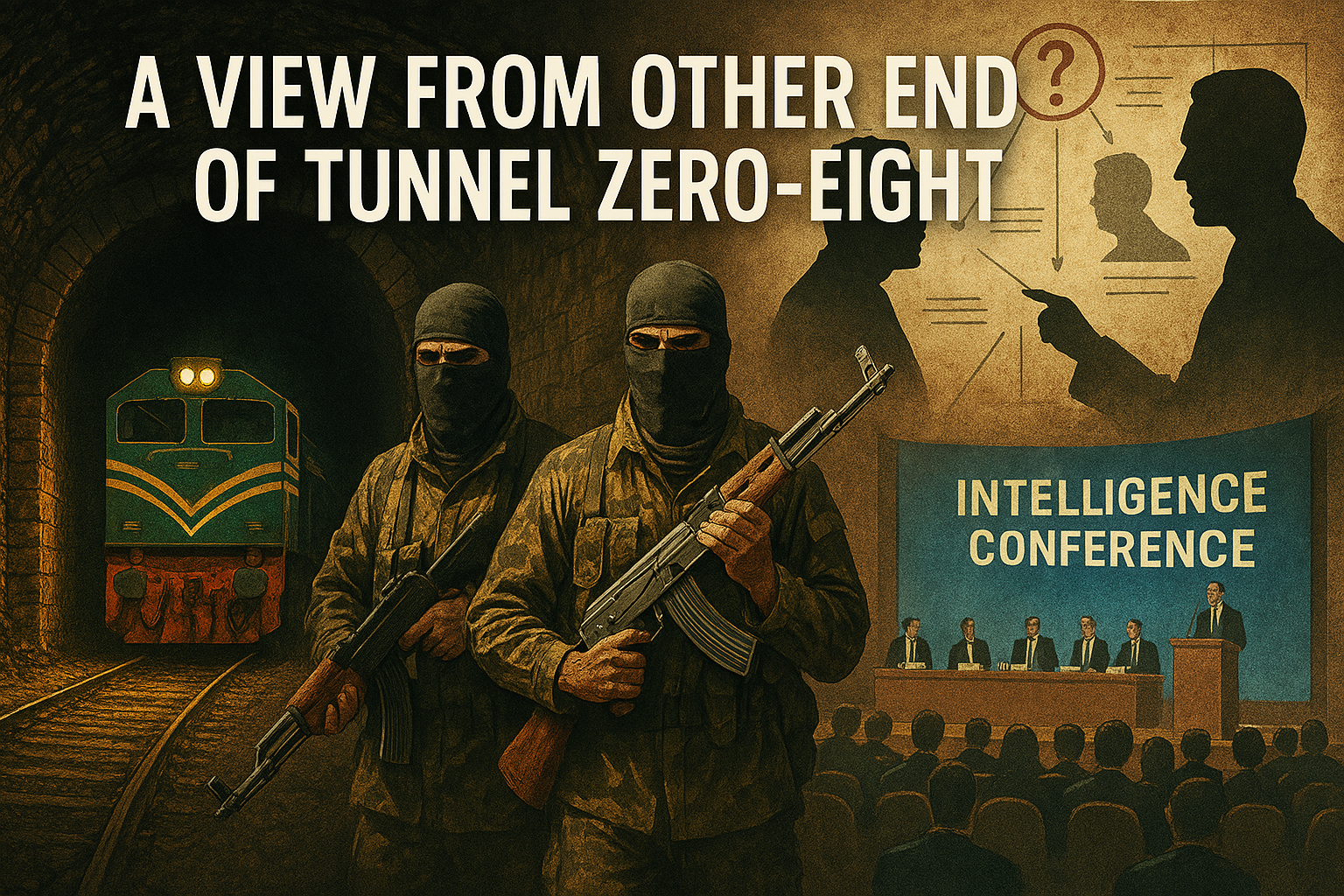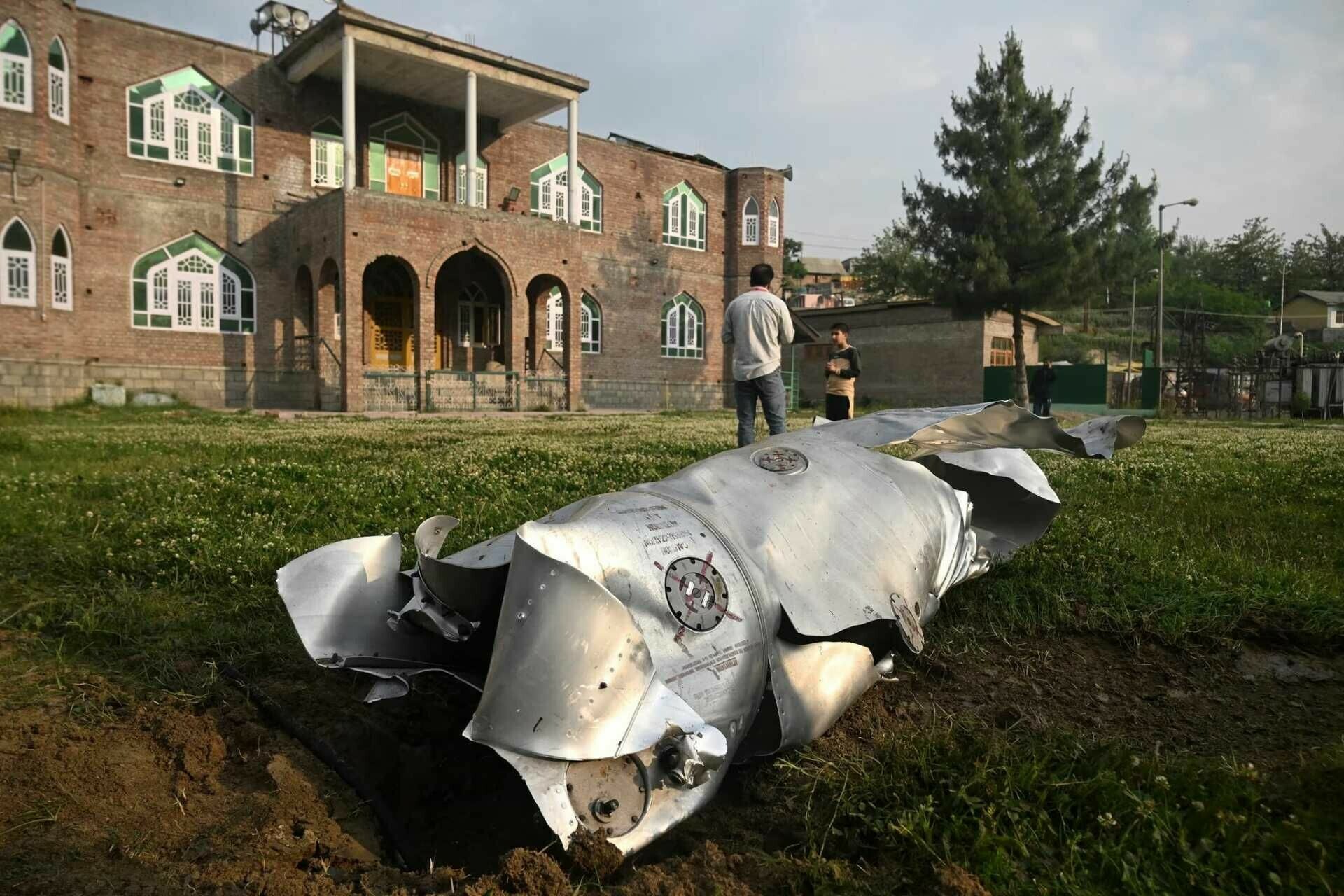Dr. Naveed Elahi
The Guardian has published a revealing report of at least twenty assassinations by the India’s external intelligence agency, RAW (Research & Analysis Wing) in Pakistan. The government of India has been involved in carrying out targeted killings in Pakistan as a strategy to eradicate anti-India elements located on foreign territories. The Guardian’s conversations with intelligence agents from both nations and documents from Pakistani investigators have illuminated the actions of India’s RAW, which reportedly initiated overseas assassinations to bolster its national security tactics post-2019.
Controlled by the Prime Minister’s office under Narendra Modi, who seeks reelection, RAW’s actions have lent credence to claims that India is pursuing a strategy of neutralizing perceived enemies. This includes individuals involved in severe terror-related crimes, with past accusations from the U.S. and Canada pointing to India’s role in the deaths of dissidents, including failed and successful attempts on Sikh activists.
The operative mentioned that India’s approach was influenced by international intelligence bodies like Israel’s Mossad and Russia’s KGB, known for conducting extrajudicial actions on foreign territories. The assassination of Jamal Khashoggi, a Saudi journalist and critic, in 2018 inside the Saudi embassy significantly influenced RAW’s officials. A few months after Khashoggi’s death, discussions within the prime minister’s intelligence circle contemplated the learnings from the incident. A high-ranking officer during a meeting suggested that if such a method was effective for Saudi Arabia, it could be viable for India as well, emphasizing that the strength of a nation is partly derived from its capacity to eliminate external threats.
These new allegations trace back to nearly 20 assassinations by unidentified shooters in Pakistan since 2020, marking the first instance where Indian intelligence has openly discussed such operations on Pakistani soil, supported by detailed evidence of RAW’s involvement. The operations also aimed at Sikh separatists within the Khalistan movement, utilizing intelligence sleeper cells, mainly from the UAE, to execute the killings. These cells reportedly commissioned local criminals or impoverished Pakistanis for the hits, under the guise of fighting against “infidels.”
The operational shift towards targeting dissidents internationally was spurred by the Pulwama attack in 2019, where a suicide bombing against an Indian military convoy led to significant casualties, with Jaish-e-Mohammed, a Pakistan-based terror group, claiming responsibility. Following this, India, drawing parallels from international intelligence practices like Mossad and the KGB, and influenced by the assassination of Jamal Khashoggi, adopted this aggressive stance. A few cases are given below:
Case 1: Killing of Kashmiri dissident Zahoor Mistry @ Zahid Akhund, who was involved in the deadly hijacking of an Air India flight. He was tracked through an undercover woman pretending to be a journalist from New York Post.
Millions of rupees were allegedly paid to Afghan nationals to carry out the shooting in Karachi in March 2022. They fled over the border but their handlers were later arrested by Pakistani security agencies.
Evidence collected by Pakistani investigators points to a coordinated effort from the UAE, where RAW’s sleeper cells managed various aspects of these operations. Despite the denials from India’s Ministry of External Affairs, calling the allegations “false and malicious anti-India propaganda,” the detailed documentation presented raises serious questions about the extent and nature of these operations.
Case 2: India made multiple attempts on the life of Shahid Latif, a high-ranking figure within Jaish-e-Mohammed and one of the most infamous militants known to India. Ultimately, as per the documentation, a 20-year-old Pakistani, who was previously employed at an Amazon packing warehouse in the UAE for a low wage and described as uneducated, was purportedly enlisted by RAW while in the UAE to execute the assassination within Pakistan in October 2022. He was allegedly compensated with 1.5 million Pakistani rupees (approximately £4,000) by a covert Indian operative to locate and subsequently kill Latif. He was further promised 15 million Pakistani rupees and the opportunity to own a catering business in the UAE upon successful completion of the assassination. Following through, the individual fatally shot Latif in a Sialkot mosque but was apprehended shortly thereafter, alongside others involved.
Cases 3 & 4: The assassinations of Bashir Ahmad Peer, a leader of the militant group Hizbul Mujahideen, and Saleem Rehmani, listed among India’s most-wanted, were reportedly orchestrated from the UAE. Evidence suggests that financial transactions from Dubai were made, transferring millions of rupees to those who executed the killings. The death of Rehmani had initially been attributed to a presumed armed robbery.
Case 5: Paramjit Singh Panjwar, a prominent leader within the Khalistani movement, was fatally shot in Lahore in the previous May. According to Pakistani investigative authorities, they had informed Panjwar of the imminent threat to his life a month prior to his assassination. Additionally, it was reported that another Khalistani advocate residing in Pakistan had received similar life-threatening warnings.
The murder of Panjwar is among those purported to have been executed by Indian agents employing a strategy described by Pakistani officials as the “religious method.” Documentation suggests that Indian operatives infiltrated networks associated with Islamic State (IS) and Taliban factions via social media, enlisting and indoctrinating Pakistani Islamist extremists. These radicals were persuaded to target Indian dissidents, under the guise of conducting “holy executions” against those labeled as “infidels.”
Case 6: Riaz Ahmed, a senior commander of Lashkar-e-Taiba, was reportedly assassinated last September in an operation similar to those attributed to RAW. Pakistani authorities contend that his assassin was sourced from a Telegram group aimed at individuals eager to join IS, a group purportedly compromised by RAW operatives.
The alleged perpetrator, identified as Muhammad Abdullah, a 20-year-old from Lahore, is said to have confessed to Pakistani officials that he was enticed with the promise of being deployed to Afghanistan to fight for IS, contingent upon successfully executing an “infidel” within Pakistan, with Ahmed being the designated target. Abdullah carried out the assassination of Ahmed during the early morning prayers at a mosque in Rawalkot and was subsequently apprehended by the Pakistani law enforcement.
While punching above its weight, India’s hawks, led by Narendra Modi, did not realise that the claims of extrajudicial assassinations, potentially breaching international law, may pose challenging dilemmas for Western nations that have been forging closer strategic and economic ties with Modi’s administration and the Hindu nationalist Bharatiya Janata Party (BJP), including efforts towards enhanced intelligence collaboration. Secondly, in 1990s India and Pakistan had engaged in tit for tat bomb blasts and sabotage activities against each other. That streak can start again.
Nevertheless, after the murder of Najjar in Canada, India came under fire and was visibly embarrassed. Resultantly, it stopped its covert operations in Pakistan, Canada, USA and Europe. No cases of this sort have come to notice this year. It does not mean India has permanently ceased its sinister operations. Pakistan, Canada and USA should keep exerting pressure on India through various means to bring to book the perpetrators of the transborder state-sponsored terrorist operations. In Iran-Contra episode in 1980s, an officer of the National Security Council, Admiral Richard Poindexter was sentenced to six months in jail. PM Modi should be pressurized to take action against the reckless spooks of RAW.
It is worth noticing that in almost all cases Pakistan’s security agencies managed to track down the murderers and apprehended them. It not only smacks of effectiveness of Pakistan’s security agencies but also exposes the immature plans of RAW. It failed to wipe off the footprints of its activities. It also resulted in attracting the unwelcome attention and exposure of secret information collection networks of RAW.
A previous high-ranking official from RAW, opined that such operations would not proceed without the awareness and consent of the national security advisor, who would communicate with the prime minister directly on certain occasions. “Without their green light, no action could be taken,” he stated. It confirms that these operations were conducted with the approval of National Security Advisor Ajit Dovel and the Prime Minister of India, Narendra Modi. They tried to emulate Mossad and CIA to conduct such covert operations on foreign soil.
Pakistan must initiate legal proceedings against these persons for carrying out heinous crime on Pakistan’s soil. Secondly, intelligence work should be enhanced to preempt such attacks in future. Thirdly, Pakistan can think of responding in the same coin, if the hawks within Indian government and intelligence agencies continue to violate the sanctity and integrity of Pakistan.



